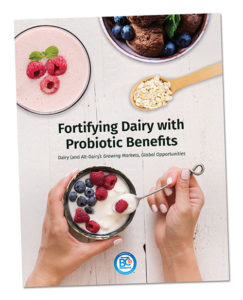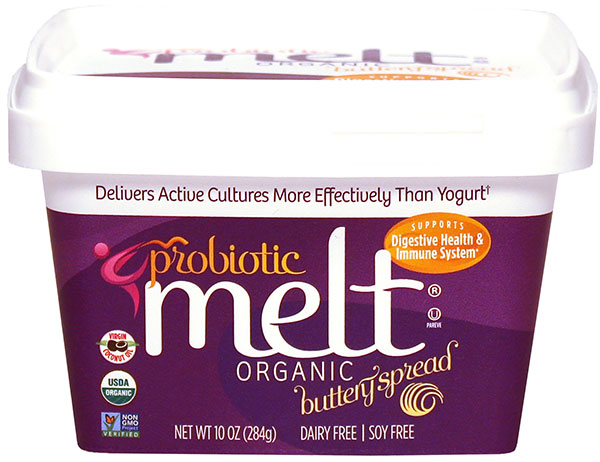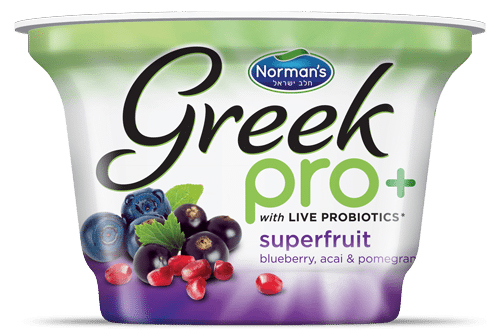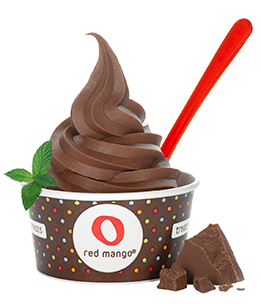Driving Market Growth by Formulating Probiotics into Dairy and Alt-Dairy

Consumers of both traditional and alternative dairy share a growing focus on wellness. A Mintel report shows that close to 90% of global consumers recognize some type of macronutrient (for example, vitamins, calcium or protein) as a key component of dairy products.[1] Similarly, according to Euromonitor Passport, interest is surging in alternative dairy options, with growth in several countries of nearly 10%.[2] Both dairy and alternative dairy brands are responding by launching products with enhanced nutritional value. Mintel reports that for the 6-year period ending December 2019, nearly 10% of traditional and alt-dairy product launches carried a functional claim.[3] Formulating both traditional and alternative dairy products with probiotics can help add the benefits consumers expect, but nutritional value and ease of formulation are top considerations when choosing a probiotic ingredient.

Nutritional Benefits Drive Demand
In traditional dairy: Because traditional dairy products are nutrient-dense and provide a good source of vitamins, minerals and proteins, they are typically perceived as healthy.  Although traditional dairy remains a strong category, consumers are seeking additional nutritional benefits in the products they consume. In recently-conducted global research, nearly half of all consumers surveyed said they would be interested in purchasing yogurts or yogurt-based drinks if they contained ingredients that promoted digestive health benefits. The figures for milk and non-dairy drinks and frozen dairy were also significant (32% and 16% respectively).[4]
Although traditional dairy remains a strong category, consumers are seeking additional nutritional benefits in the products they consume. In recently-conducted global research, nearly half of all consumers surveyed said they would be interested in purchasing yogurts or yogurt-based drinks if they contained ingredients that promoted digestive health benefits. The figures for milk and non-dairy drinks and frozen dairy were also significant (32% and 16% respectively).[4]
In alternative dairy: Experts estimate that currently about 68% of the world’s population suffers from lactose malabsorption, due largely to genetic and environmental factors .[5] Recent evidence from Mintel suggests lactose intolerance is on the rise in many countries as well.[6] Dairy alternatives provide choices for consumers looking for options to meet their nutritional and lifestyle needs, and the addition of probiotics can add further digestive health benefits.
A common concern is that plant-derived dairy may not provide these same nutrients in the same quantities as traditional dairy. In addition, the nutritional content of plant‐based milks and other categories like yogurt can vary considerably, depending on the raw materials and manufacturing processes used to prepare them. As non-dairy options expand, however, they boast many benefits that are inherent to the plant ingredients themselves. Formulating with probiotics can help address the challenges as well as help to enhance the already-present benefits. For example, in non-dairy yogurts, the addition of probiotics can replace the cultures associated with the fermentation of traditional dairy, while taking advantage of yogurt’s reputation as a food that supports digestive health.
Ease of Formulation is Essential for Success
Critical to easily adding digestive health benefits to dairy and alternative dairy products is choosing probiotic ingredients that provide the health benefits consumers seek. Choosing the right probiotic means that the ingredient has been well-researched and has been shown to overcome formulation challenges. It’s important to ensure that the finished product contains a defined inclusion level of a specific probiotic strain, and that the probiotic has these characteristics:
- Has no flavor or texture characteristics of its own, to avoid compromising taste or texture characteristics of the finished product
- Survives manufacturing processing conditions like high heat and pasteurization
- Is stable over the shelf-life of the product
- Survives transit through the stomach to deliver the probiotic benefit
Formulation Opportunities
To enhance the benefits offered by traditional and alternative dairy, BC30™, a natural, hardy probiotic ingredient, is a great choice for formulating a wide variety of dairy and alternative dairy products like milks, cheeses, butters and frozen desserts. Here are a few examples:
Melt® Organic Butter delivers great taste in a nutrient-rich spread.
Greek Pro+ yogurt provides probiotic benefits in an all-natural Greek yogurt.
Red Mango Probiotic Frozen Yogurt is an all-natural health probiotic dessert offered at retailors.
Delivering the Benefits
Because it’s a spore-former, BC30 can survive harsh manufacturing conditions and the digestive transit to deliver benefits in the products consumers want most, without altering taste or texture, making it suitable for a wide variety of dairy and alternative dairy formulation applications.
Sources:
[1] Mintel, ‘Patent Insights: Innovation by Dairy Companies’, 21 August 2020
[2] Euromonitor Passport, August 2020
[3] Mintel GNPD, August 2020
[4] Kerry Global Consumer Survey – Digestive & Immune Health, 2019
[5] The National Institute of Diabetes and Digestive and Kidney Diseases Health Information Center, Definition & Facts for Lactose Intolerance, accessed November 2020.
[6] Mintel Plant-based foods in a post-COVID-19 world, May 2020





